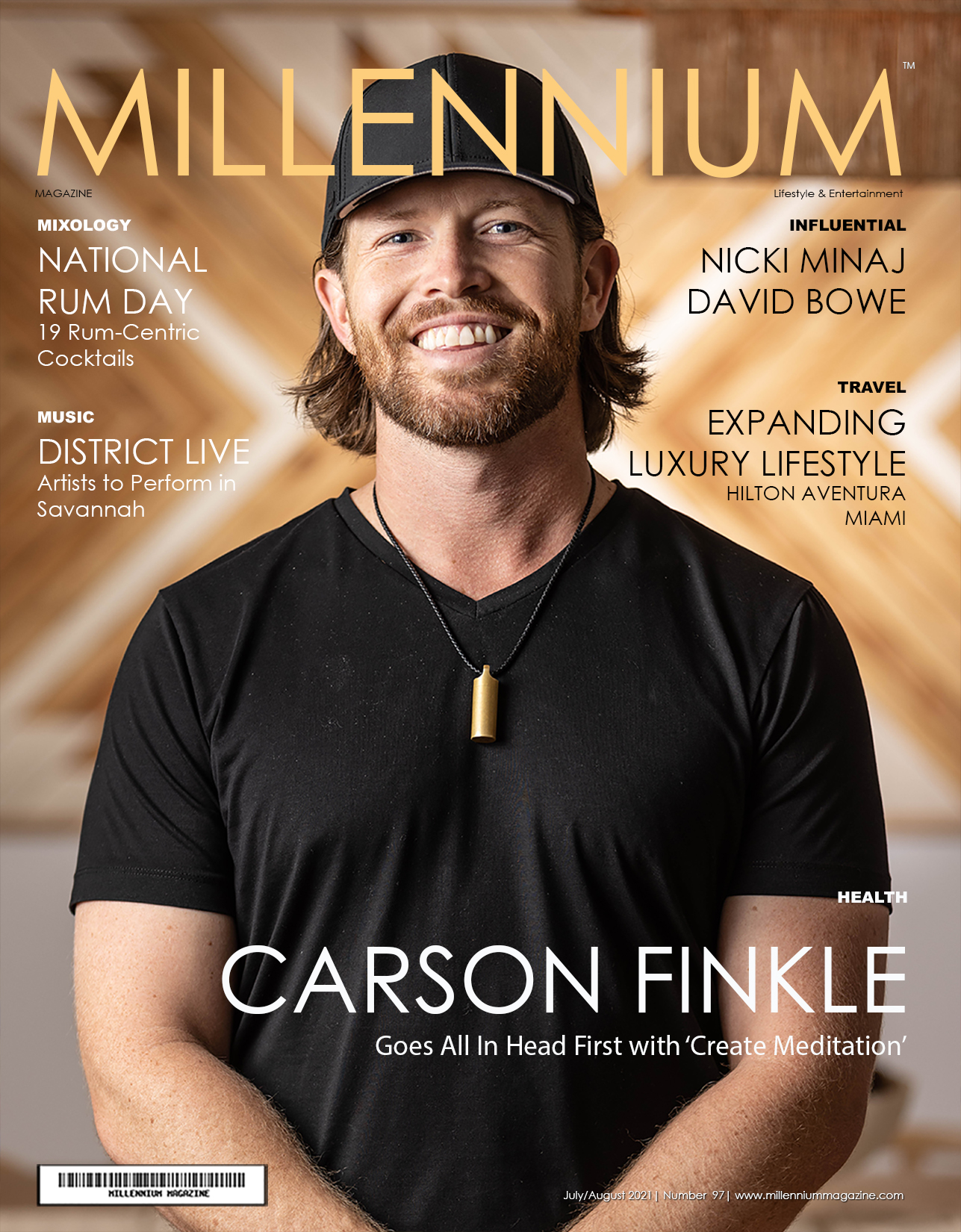
After a late-night party, especially if you drank more than usual, you may feel sluggish, headachy, nauseous, and irritable the next day. While you may want to hide your head under the covers and sleep the day away, it’s not always possible. Here are five tips to help you restore your energy the day after a late-night party.
1. Hangover IV treatment
Hangovers can make the morning after a fun night an unpleasant experience. Dehydration, nausea, headaches, upset stomachs and muscle aches are common symptoms of hangovers. If you need to get rid of your hangover symptoms quickly, IV therapy can help you recover faster than other methods. Fluids are delivered directly into your bloodstream, skipping the digestive process so that hydrating fluids, nutrients, and medications can start working right away. Your body is immediately hydrated, and toxins are flushed out. Alcohol depletes vitamins, enzymes, amino acids, minerals etc., from your body, and an IV drip can help to restore these.
Drip Hydration, Intravenous Me and The IV Doc offer mobile IV NYC hangover treatment. A licensed nurse will administer a hangover drip consisting of IV fluids, electrolytes, vitamins, and medications to detoxify your body. The drip includes B complex vitamins, vitamin B12, anti-nausea and an anti-inflammatory. You will start to feel normal again in anything from 30 to 60 minutes.
2. Drink plenty of water
Alcohol is a diuretic which means it increases urination. When you lose too much fluid through urination, it causes dehydration and electrolyte imbalances in your body. This is one of the negative symptoms you may experience after a late-night party. Rehydrating the body by drinking plenty of water can alleviate your hangover symptoms. Restoring necessary fluids and restoring electrolytes helps your circulatory system to carry oxygen and nutrients to the tissues and remove toxins.
It’s a myth that drinking some “hair of the dog” the morning after will help. Downing a healthy swig of alcohol may give you a temporary lift, but you will probably feel worse when it wears off. Many people find it helpful to drink sports drinks to rehydrate them and restore their electrolyte balance.

3. Skip greasy meals and eat this instead
Conventional wisdom is that greasy meals can help cure a hangover. High-fat meals can take a long time to digest, which can be a problem when your stomach lining is already irritated by alcohol. Eating fast-digesting carbohydrates can help to stabilize blood sugar levels from being too low after a night of drinking, and are likely to cause less discomfort than high-fat meals. The process of breaking down alcohol results in your lactic acid levels going up, and your blood sugar levels dropping.
Many cereals, such as bran flakes or corn flakes, contain fast-digesting carbs and make a quick and convenient meal. Toast, crackers or bagels are also easy to digest. Eating a breakfast high in carbohydrates can help reduce your fatigue and give you more energy.
If you aren’t too nauseous, pair your fast-digesting carbs with a source of protein like a hard-boiled egg. An antioxidant called glutathione can become depleted after a night of drinking. Glutathione is made from protein building blocks, such as those found in eggs. Eggs are rich in cysteine, an amino acid that increases glutathione in your body.
4. Eat foods high in antioxidants
Drinking alcohol can result in oxidative stress, which is an overload of free radicals in the body. Studies link oxidative stress to many health problems, such as heart issues and cancer. Antioxidants neutralize free radicals. Some good dietary sources of antioxidants include spinach, carrots, dark chocolate, berries, grapes and ginger.
Drinking some ginger tea could relieve nausea and indigestion due to its natural properties as an antioxidant and anti-inflammatory.
5. Release endorphins with exercise
There is no research that supports the idea that building up a sweat gets the alcohol out of your system. What it can do is boost your mood and lower inflammation. It may be difficult to talk yourself into exercising after a late night out, but it can be worthwhile. Low-to-moderate intensity exercise will increase the blood flow to your brain and release mood-boosting hormones. Endorphins are like your own body’s natural painkillers.
Stay away from activities like high intensity interval training and do some walking or light jogging on a treadmill. You don’t want to push it too much. Drinking while you’re exercising is important, so you replace the fluid you lose through sweating.

























